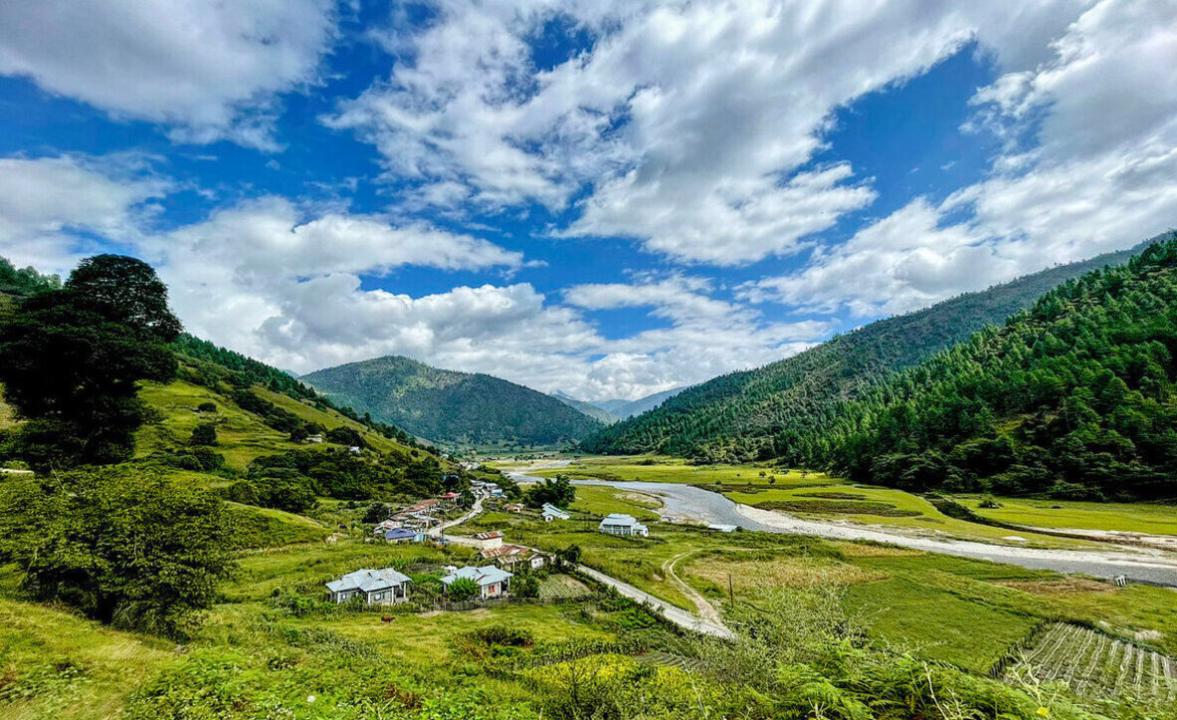Assam, located in the northeastern part of India, is a land of lush green landscapes, vibrant culture, and rich heritage. Known for its tea gardens, wildlife sanctuaries, and the mighty Brahmaputra River, Assam tourism offers a unique blend of natural beauty and cultural experiences. Whether you are a nature lover, a wildlife enthusiast, or someone interested in history and culture, Assam has something special for everyone. In this article, we will explore the diverse attractions and experiences that make Assam a must-visit destination in India.
Introduction to Assam Tourism
Assam is a state that perfectly blends nature, culture, and adventure. Nestled between the hills of the eastern Himalayas and the plains of the Brahmaputra River, Assam is a land of vibrant landscapes and diverse wildlife. The state is also home to a rich history, with ancient temples, historical monuments, and diverse ethnic groups. Assam’s tourism industry has been growing steadily, attracting both domestic and international tourists who come to explore its natural beauty, wildlife, and cultural heritage.
Major Tourist Attractions in Assam
Assam is full of fascinating places to visit, from tea gardens to national parks, and historical sites to scenic landscapes. Let’s look at some of the major attractions that make Assam tourism so unique:
1. Kaziranga National Park
One of the most famous attractions in Assam is Kaziranga National Park, a UNESCO World Heritage Site. Located along the banks of the Brahmaputra River, Kaziranga is home to the largest population of the Indian one-horned rhinoceros. The park is also a haven for wildlife enthusiasts, with its diverse flora and fauna, including tigers, elephants, wild buffalo, and various species of birds. A visit to Kaziranga offers a thrilling experience, where tourists can enjoy safaris in the park and spot these majestic animals in their natural habitat.
2. Majuli Island
Majuli, the largest river island in the world, is located on the Brahmaputra River. It is an important cultural and spiritual center, known for its monasteries and the Vaishnavite culture. Majuli is famous for its vibrant festivals, traditional handicrafts, and the unique culture of the Mishing and Satriya communities. The island is also known for its serene beauty and peaceful environment, making it a perfect place for nature lovers and those seeking a tranquil retreat.
3. Guwahati
The gateway to Assam, Guwahati is the largest city in the state and an important commercial and cultural hub. The city offers a mix of modernity and tradition, with bustling markets, temples, and historical sites. The Kamakhya Temple, one of the most revered Hindu shrines, is located here and attracts thousands of pilgrims every year. Additionally, Guwahati offers beautiful views of the Brahmaputra River, especially from the Umananda Temple, located on an island in the river. For nature lovers, the nearby Kaziranga and Pobitora Wildlife Sanctuary are within a few hours' drive from the city.
4. Sivasagar
Sivasagar, once the capital of the Ahom dynasty, is a historical city known for its monuments, temples, and palaces. The Sivasagar tank, along with the majestic Rang Ghar and Talatal Ghar, showcases the architectural brilliance of the Ahoms. Visitors to Sivasagar can take a walk through history and explore the grand structures that reflect the rich cultural heritage of Assam.
5. Hajo
Hajo is an ancient pilgrimage center located near Guwahati, known for its religious diversity. It is a place of significance for Hindus, Buddhists, and Muslims alike. The Hayagriva Madhava Temple, the Powa Mecca, and the Buddhist ruins are some of the key attractions in Hajo. The peaceful environment and spiritual significance of the place make it a must-visit for those interested in history and religion.
Culture and Heritage of Assam
Assam has a rich and diverse cultural heritage that is reflected in its festivals, cuisine, art forms, and traditions. The state is home to various ethnic groups, each with its own language, customs, and traditions. This diversity adds to the charm of Assam tourism.
1. Festivals of Assam
Assam is known for its vibrant festivals, with the most famous being Bihu. Bihu is celebrated three times a year, marking the changing seasons and the agricultural calendar. The Bohag Bihu, celebrated in April, is the most significant and is marked by traditional dance, music, and feasts. The Magh Bihu (celebrated in January) and Kati Bihu (celebrated in October) are also important festivals, celebrated with various rituals and community events.
Another significant festival in Assam is the Ambubachi Mela, held at the Kamakhya Temple. This festival celebrates the annual menstruation cycle of the goddess Kamakhya, attracting millions of devotees from all over India.
2. Cuisine of Assam
Assamese cuisine is another key aspect of the state's culture. It is known for its simplicity and use of fresh, local ingredients. Rice is the staple food, and dishes like Pitika (mashed vegetables), Khar (a traditional dish made with raw papaya and pulses), and Masor Tenga (a sour fish curry) are some of the popular local foods. Assamese cuisine also features a variety of fish dishes, which are an integral part of the local diet. The use of mustard oil, herbs, and spices adds unique flavors to Assamese food.
3. Traditional Arts and Handicrafts
Assam is famous for its traditional arts and crafts, including the weaving of Assamese silk. The state is known for producing the world-renowned Muga silk, which is exclusive to Assam. Gamocha, a traditional Assamese handwoven cloth, is a symbol of the state’s culture and is used in various ceremonies. Assamese handicrafts like bamboo and cane products, pottery, and traditional jewelry are also popular among tourists.
Adventure and Eco-Tourism in Assam
For adventure seekers and nature lovers, Assam offers numerous opportunities for eco-tourism and outdoor activities.
1. Trekking and Hiking
Assam’s hilly terrains and forested regions provide ample opportunities for trekking and hiking. The hill stations of Shillong and Kaziranga are perfect spots for trekking enthusiasts. The Moran Hills and Dihing Patkai Wildlife Sanctuary offer exciting trails for those looking to explore Assam’s rich flora and fauna.
2. River Cruises on the Brahmaputra
One of the most unique experiences in Assam tourism is a river cruise on the Brahmaputra River. The river is the lifeline of the state, and cruising on its vast waters offers a chance to witness the beauty of Assam’s landscapes from a different perspective. These cruises often pass through remote areas, offering glimpses of the state’s wildlife, villages, and untouched landscapes.
3. Wildlife Safari
Assam’s national parks and wildlife sanctuaries offer thrilling safari experiences. Kaziranga National Park, Pobitora Wildlife Sanctuary, and Manas National Park are ideal for those wanting to spot tigers, elephants, and rhinos. These parks also offer bird watching opportunities, making them perfect for nature enthusiasts and photographers.
Best Time to Visit Assam
The best time to visit Assam is during the winter months, from October to March. The weather is pleasant during this time, making it ideal for sightseeing, wildlife safaris, and outdoor activities. The monsoon season, from June to September, should be avoided, as heavy rains can disrupt travel plans, especially in the hilly regions.
Conclusion
Assam tourism offers a unique blend of natural beauty, cultural heritage, and adventure, making it a perfect destination for every kind of traveler. From exploring wildlife in Kaziranga, to experiencing the rich culture of Majuli and Guwahati, Assam promises a memorable and diverse experience. Whether you are looking to immerse yourself in nature, discover new cultures, or enjoy thrilling adventures, Assam is a place that should be on every traveler’s list. So pack your bags, plan your trip, and get ready to explore the wonders of Assam!










